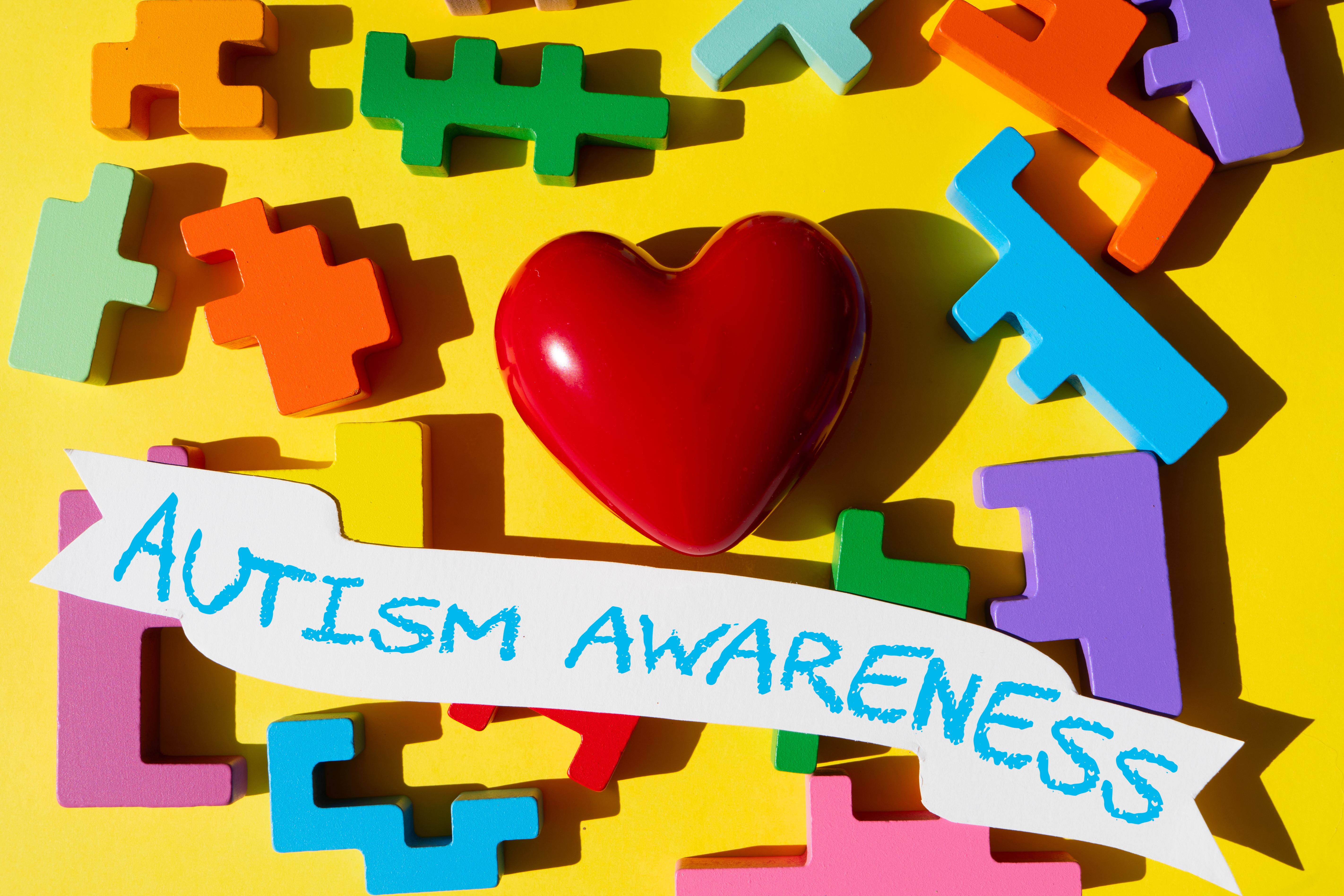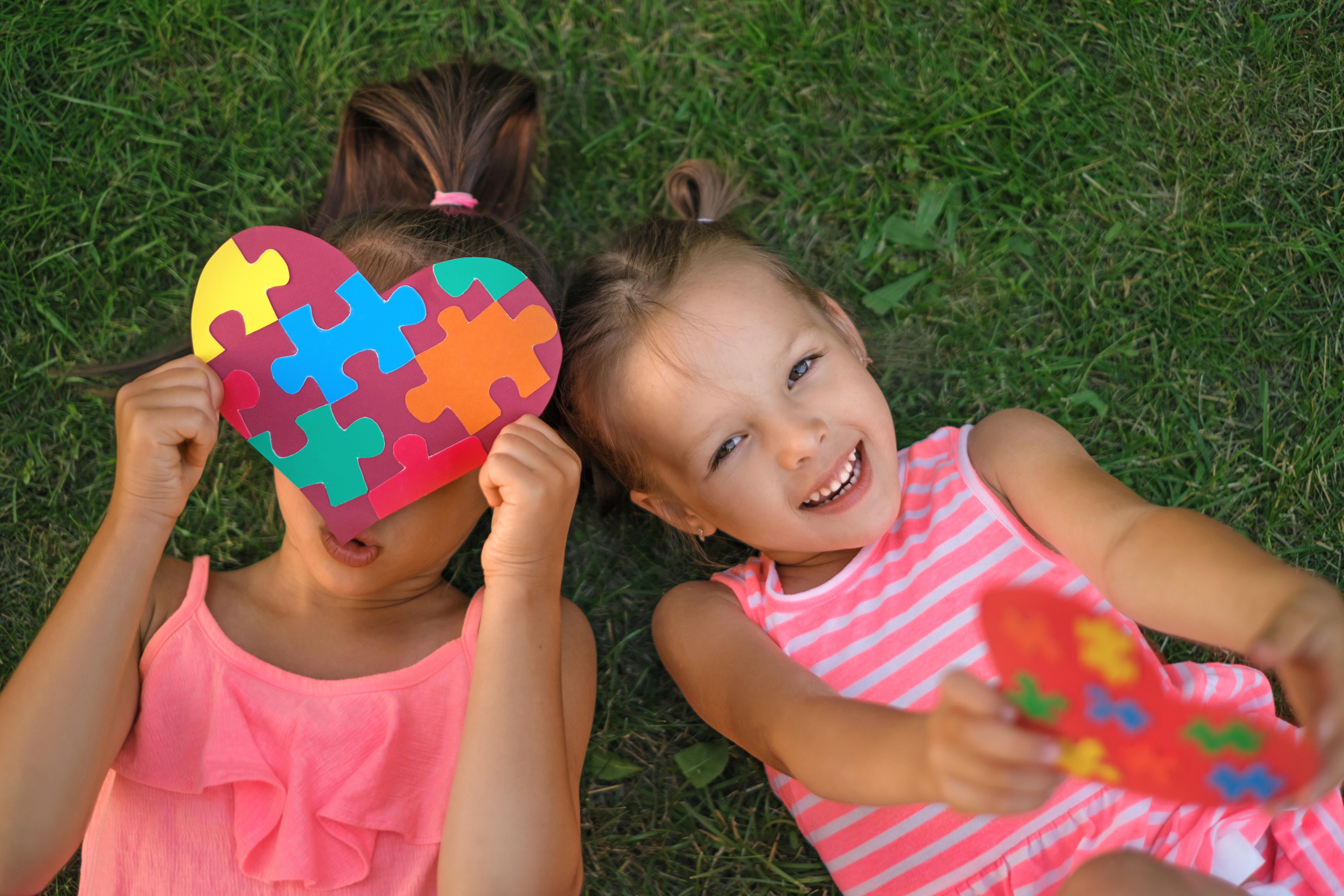Fireworks and Autism: Top 10 Insights Into Sensory Impacts and Strategies for Thriving
Building Community Awareness and Support

Community awareness and support are essential components in creating a more inclusive and understanding environment for autistic individuals during fireworks displays. By fostering empathy and promoting education, communities can play a pivotal role in supporting autistic individuals and their families. This section explores the importance of community awareness and support in enhancing the fireworks experience for autistic individuals. Raising awareness about the sensory challenges faced by autistic individuals during fireworks displays is crucial for promoting understanding and empathy. This may involve organizing community events or workshops that educate others about autism and the impact of sensory stimuli. By increasing awareness, communities can create a more supportive and accommodating environment that respects the needs of autistic individuals.
Support from the community can also involve advocating for sensory-friendly accommodations and events. This may include organizing quieter fireworks displays or providing designated sensory-friendly zones where autistic individuals can enjoy the experience without distress. Additionally, community support can involve offering resources and assistance to families and caregivers, empowering them to navigate the sensory challenges of fireworks with greater confidence and ease. By building community awareness and support, we can create a more inclusive and understanding environment for autistic individuals to enjoy the vibrant dance of colors and sounds that fireworks offer.
Embracing Diversity and Celebrating Differences

As we conclude our exploration of the vibrant dance of colors and challenges presented by fireworks for autistic individuals, it is important to embrace the diversity and celebrate the differences that define the autism spectrum. By understanding the unique sensory experiences of autistic individuals and acknowledging the challenges they face, we can foster a more inclusive and empathetic society. The impact of fireworks on autistic individuals highlights the importance of considering sensory needs and preferences in our everyday interactions and environments. By prioritizing inclusivity and understanding, we can create spaces that accommodate the diverse sensory experiences of those on the autism spectrum, allowing them to engage with the world in a way that is both meaningful and enjoyable.
Ultimately, this article serves as a reminder of the power of empathy and the importance of embracing diversity. By celebrating the differences that define us, we can create a more compassionate and inclusive society that values and supports all individuals, regardless of their sensory experiences. As we continue to explore the sensory world of autism, let us strive to build a future where everyone can enjoy the beauty and wonder of fireworks, free from the challenges and barriers that may stand in their way.
